Hey there! You’ve probably munched on grapes before, right? Super juicy and yummy! But what about those tiny grape seeds? Are Grape Seeds Safe to Eat? Let’s know about grape seeds, see what’s good, and figure out if they’re a yummy part of your snacks.

Table of Contents
The Nutritional Values of Grape Seeds
Grape seeds, although small, are loaded with all sorts of cool stuff. They’ve got something called antioxidants, especially OPCs. These antioxidants are like superheroes for your body. They protect your cells from bad stuff and help keep diseases away. Imagine them as your body’s shield!
Here are some of the nutritional values of grape seeds:
- Fiber: Grape seeds are approximately 35% fiber by weight.
- Minerals: Grape seeds are rich in minerals such as magnesium, potassium, sodium, phosphorus, calcium, zinc, and iron.
- Protein: Grape seeds contain approximately 11% protein by weight.
- Water: Grape seeds contain approximately 7% water by weight.
- Oils: Grape seeds contain around 20% oils, including healthy monounsaturated and polyunsaturated fats.
In addition to the above nutrients, grape seeds are also rich in antioxidants like Vitamin E, Linolenic acid, Oligomeric proanthocyanidin complexes (OPCs), and other phenolic compounds. These antioxidants help reduce inflammation, protect the body from oxidative stress, and offer additional health benefits such as supporting heart and brain health, better sleep, and normal blood pressure.
Grape Seeds Health Benefits and Side Effects
Grape Seeds Safe to Eat: Benefits
- Antioxidant-rich: Grape Seeds Safe to Eat, because they contain several antioxidants like phenolic acids, anthocyanins, flavonoids, and oligomeric proanthocyanidin complexes (OPCs) that help protect the body from oxidative stress, tissue damage, and inflammation.
- Blood pressure control: Grape Seeds Safe to Eat, because they have certain substances like flavonoids, linoleic acid, and phenolic procyanidins that help protect blood vessels and arteries from damage that leads to high blood pressure and other cardiovascular problems. So, Grape Seeds Safe to Eat.
- Cognitive function: Grape Seeds Safe to Eat, because they may improve cognitive function and memory.
- Anti-inflammatory: Grape seeds have anti-inflammatory properties that can help reduce inflammation in the body.
- Skin health: Grape Seeds Safe to Eat, because they contain antioxidants that can help protect the skin from damage caused by UV radiation and aging.
- Eye health: Grape Seeds Safe to Eat, because they contain antioxidants that can help protect the eyes from damage caused by free radicals. See also: Can Grapes Improve Eyesight?
- Heart health: Grape Seeds Safe to Eat, because they may help maintain healthy blood pressure and improve circulation, which can benefit heart health.
- Nutrient-rich: Grape seeds are rich in fiber, minerals, protein, water, and oil, making them a nutritious addition to the diet.
- Collagen production: Grape Seeds Safe to Eat, because the compounds found in grape seeds can stimulate the action of vitamin C in the body and promote collagen production, speeding up the repair of damaged blood vessels.
- Anti-cancer: Grape seeds contain compounds that may help prevent certain types of cancer.
See also: Does Grape Juice Brighten Skin?
Grape Seeds Safe to Eat: Side Effects
Grape seeds are pretty awesome, but like all things, you’ve got to be smart about them:
Common side effects:
- Nausea
- Itching
- Dizziness
- Stomach upset
- Diarrhea
- Headache
- Sore throat
- Cough
- Rash
Serious side effects:
- Bleeding: Grape seed extract can slow down blood clotting, leading to prolonged bleeding in cuts and bruises. It can also cause internal bleeding, including symptoms of gastrointestinal bleeding like blood in vomit, bright red blood in stools, and tarry stools. Grape seed extract can also cause hemorrhagic stroke, which is characterized by the bursting of blood vessels inside the brain, leading to symptoms such as coma, unconsciousness, headache, nausea, difficulty in swallowing, vision or speech impairment, weakness or numbness in arms or legs, loss of coordination, etc.
- Allergic reactions: Grape seed extract can cause allergic reactions in some people, including symptoms such as hives, itching, swelling, difficulty breathing, etc.
It is important to note that pregnant or breastfeeding women should avoid consuming grape seeds, and people with bleeding disorders or high blood pressure should speak with their doctor before doing so. As with any supplement or medication, it is always best to talk to a healthcare provider before adding grape seeds to your diet.
Are Grape Seeds Safe to Eat?
Yes, grape seeds safe to eat for most people[1]. They are rich in fiber, minerals, protein, water, and oil, and are a good source of antioxidants like Vitamin E, Linolenic acid, Oligomeric proanthocyanidin complexes (OPCs), and other phenolic compounds. However, certain populations such as those with bleeding disorders or those taking blood-thinning medications should avoid eating grape seeds or speak with a doctor before doing so. Additionally, bitter grape seeds should not be consumed as they can have toxic effects. It is also important to chew them well to release their nutrients if snacking on them plain. Grape seeds can be eaten raw, roasted, or ground into a powder and can be added to smoothies, yogurt, oatmeal, and baked goods.
How to consume Grape Seeds safely
Here are some tips for consuming grape seeds safely based on the search results:
- Choose sweet grape seeds: Sweet grape seeds safe to eat, because they provide essential vitamins and minerals such as vitamin E, magnesium, and zinc.
- Avoid bitter grape seeds: Bitter grape seeds should not be consumed as they can have toxic effects.
- Eat grape seeds in moderation: Grape seeds are high in calories, so it is important to eat them in moderation.
- Chew them well: If snacking on grape seeds plain, it is important to chew them well to release their nutrients.
- Store them properly: Store grape seeds in a cool, dry place.
- Add them to recipes: Grape seeds can be eaten raw, roasted, or ground into a powder and can be added to smoothies, yogurt, oatmeal, and baked goods for a nutritional boost.
- Speak with a doctor: If you have any allergies or are taking blood-thinning medications, speak with your doctor before consuming grape seeds or grape seed extract.
Overall, grape seeds safe to eat for most people and offer several health benefits. However, it is important to consume them in moderation and to avoid bitter grape seeds.
The Bottom Line
So, not only are Grape seeds safe to eat; but they’re like your body’s little helpers! They’ve got tons of good stuff to keep you healthy. Just remember to enjoy them in moderation, maybe give them a little crush, and if you’re allergic to grapes, they might not be the best snack for you. But for everyone else, munch on those grape seeds and enjoy the tasty benefits!
FAQs
Q: Does Grape Seed Increase Testosterone?
A: There is no direct evidence to suggest that grape seed extract increases testosterone levels[1]. However, some studies have shown that grape seed extract may have a positive effect on overall health, which could indirectly improve testosterone levels.
Q: Is grape seed extract good for kidneys?
A: Some studies suggest that grape seed extract may have a protective effect on the kidneys and may help prevent the progression of kidney disease in people with type 2 diabetes. However, more research is needed to fully understand the effects of grape seed extract on kidney health.
Q: Who should not take grape seed?
A: Grape seed extract is generally safe for most people to consume. However, people who are taking blood thinners or other medications should speak with their doctor before taking grape seed extract[2]. Pregnant or breastfeeding women should also avoid consuming grape seed extract.
Q: How do you say “grapefruit” in Hindi?
A: Grapefruit in Hindi called Chakotara (चकोतरा)
Q: Do grapes increase creatinine?
A: There is no evidence to suggest that grapes increase creatinine levels in the body. In fact, some studies suggest that consuming grapes or grape seed extract may have a protective effect on kidney health.
Q: Does grape seed extract affect the liver?
A: There is no direct evidence to suggest that grape seed extract has a negative effect on liver health. However, people with liver disease should speak with their doctor before taking grape seed extract or any other supplements.
Q: What are the disadvantages of grapefruit seed extract?
A: Grapefruit seed extract is a different substance than grape seed extract. Grapefruit seed extract has been associated with some side effects, including stomach upset, skin irritation, and allergic reactions. It can also interact with certain medications, so it is important to speak with a doctor before taking grapefruit seed extract.
Q: Can eating grape seeds improve cognitive function?
A: Research is ongoing, but some studies suggest that the antioxidants in grape seeds might have a positive effect on cognitive function. These antioxidants could help protect your brain cells from damage.
Q: Can eating grape seeds help reduce inflammation?
A: Yes, grape seeds have anti-inflammatory properties. They can be like superheroes for easing inflammation, which is helpful for things like joint pain.
Q: How can grape seeds be consumed?
A: You can enjoy grape seeds in various ways. Some folks crush or grind them before adding them to smoothies, salads, or even baked goods. Others simply munch on them while eating grapes.
Q: Are grape seeds high in calories?
A: Nope, grape seeds are low in calories. So, you can munch on them without worrying about packing on extra calories.
Q: Can grape seeds interact with blood-thinning medications?
A: Grape seeds contain compounds that might interact with certain blood-thinning medications like anticoagulants. It’s essential to consult your healthcare provider if you’re on such medications to ensure they won’t interfere with each other.
Q: How should grape seeds be stored?
A: To keep your grape seeds fresh, store them in an airtight container in a cool, dry place. This will help maintain their quality for a more extended period.
Q: How can grape seeds be added to recipes?
A: You can get creative with grape seeds! Crush or grind them and sprinkle them on salads, yogurt, or even mix them into smoothies. You can also use grape seed oil in cooking for a nutty flavor.
Q: What are the bioactive compounds found in grape seeds?
A: Grape seeds contain various bioactive compounds, with OPCs (oligomeric proanthocyanidin complexes) being the stars. These compounds are potent antioxidants that offer many health benefits, as we discussed earlier.
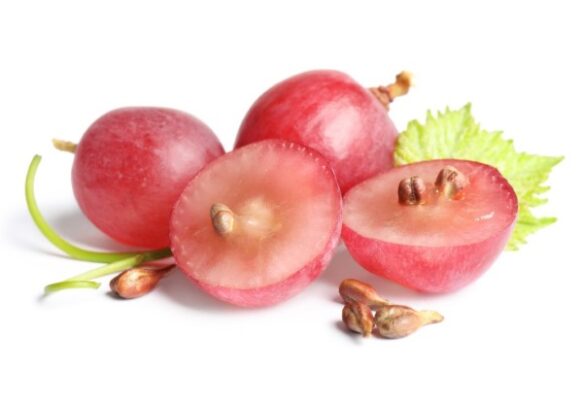
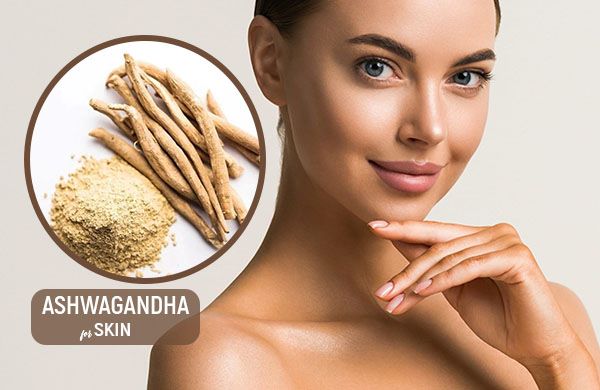
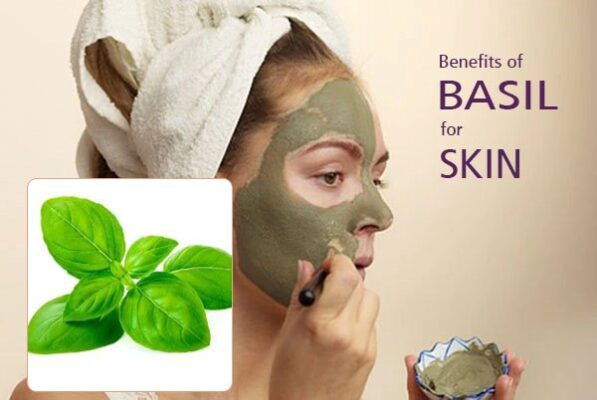
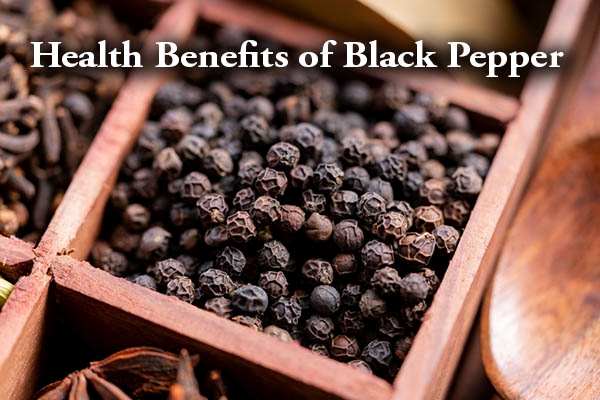
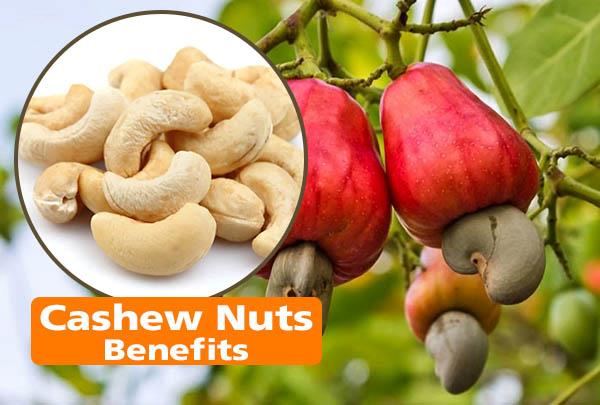
3 thoughts on “Are Grape Seeds Safe to Eat? 10 Amazing Benefits”